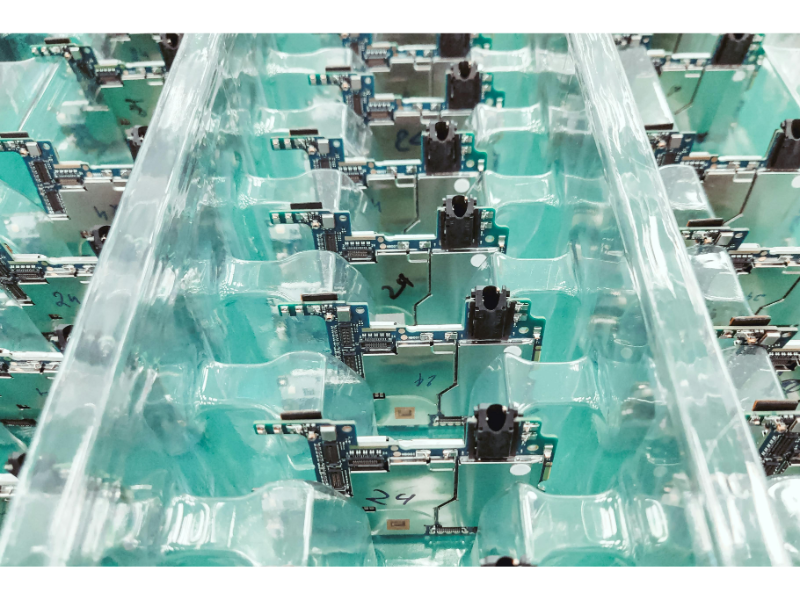- U.S. Treasury proposes new rules restricting investments in China’s AI and tech sectors to safeguard national security.
- Proposed regulations target investments in AI, semiconductors, and quantum computing, with possible penalties for violations.
What happened
The United States is moving closer to imposing strict limits on investments in China’s artificial intelligence (AI) and technology sectors. On Friday, the U.S. Treasury Department issued draft regulations that outline new restrictions and requirements for investments in AI, semiconductors, and other advanced technologies in China, following an executive order from President Biden in August 2024. These measures are part of a broader effort to protect U.S. national security by preventing American companies and investors from supporting the development of sensitive technologies that could be used to bolster China’s military or technological dominance. The proposed rules include bans on certain transactions while requiring notification for others. U.S. individuals and companies will need to conduct careful reviews to determine whether their activities fall under these restrictions.
Also read: Penguin Random House blocks AI training on its books
Also read: Bain & Co. and OpenAI collaborate to deliver AI tools to clients
Paul Rosen, Treasury’s Assistant Secretary for Investment Security, emphasized the significance of this move, stating, “This proposed rule advances our national security by preventing the many benefits certain U.S. investments provide—beyond just capital—from supporting the development of sensitive technologies in countries that may use them to threaten our national security.”
These regulations are part of a larger U.S. strategy to prevent American expertise from helping China gain an edge in global markets. Public comments on the draft rules are being accepted until August 4, and final regulations are expected by the end of the year.
Why this is important
The proposed restrictions represent a significant step in the U.S.’s escalating efforts to curb China’s access to critical technologies. The U.S. government is not only seeking to limit exports of sensitive products like advanced semiconductors but is now targeting financial investments that could help China’s tech firms and military develop capabilities that pose a national security threat. By tightening control over outbound investments, particularly in AI and semiconductor sectors, Washington aims to curb the flow of American capital and expertise that may otherwise fuel China’s growing dominance in these areas.
This move follows broader concerns within the U.S. and its allies over China’s rapid advancements in AI, microelectronics, and quantum computing. Many fear that these technologies could enhance China’s military capabilities or allow Beijing to assert dominance in critical global industries. The new regulations target investments in both China and territories like Macao and Hong Kong, with the possibility of expanding to other countries later.
The proposed rules will likely increase the complexity of doing business with Chinese tech firms. According to Laura Black, a former Treasury official now at Akin Gump, “U.S. investors will need to engage in more extensive due diligence when making investments in China or investments involving Chinese companies that operate in the covered sectors.” These developments are also expected to put U.S. private equity and venture capital firms under closer scrutiny, particularly in their dealings with Chinese entities.
As the U.S. continues to negotiate with allies and partners over the best way to handle outbound investments, this strategy could set a precedent for other nations contemplating similar restrictions. With potential penalties for non-compliance, companies navigating the complex U.S.-China investment landscape will need to carefully assess their exposure to risk. The impact of these new rules could significantly alter the flow of capital into China’s high-tech industries, reshaping the global tech landscape in the process.

